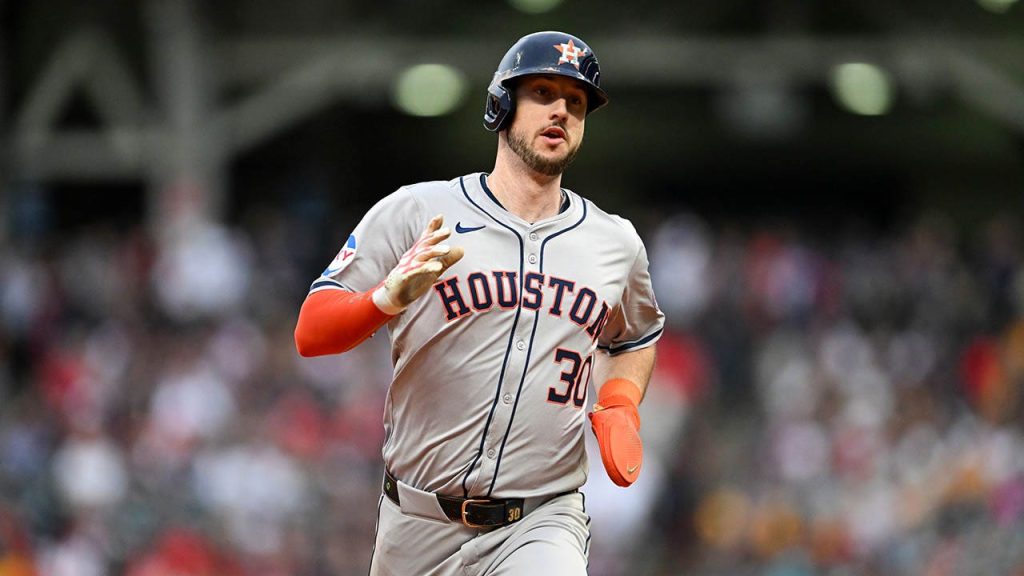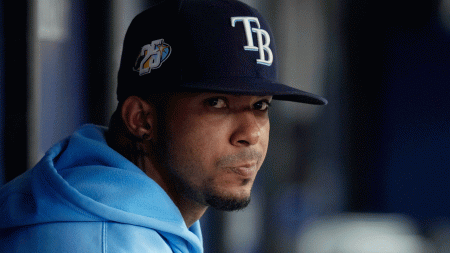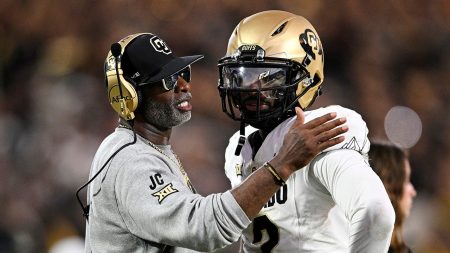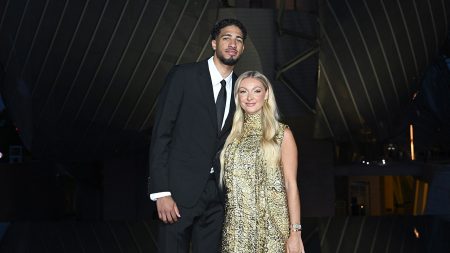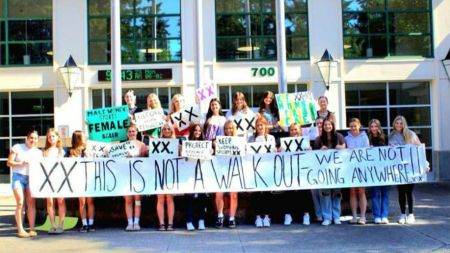The New York Yankees, reeling from the loss of Juan Soto to their crosstown rivals, the New York Mets, are actively pursuing avenues to bolster their outfield. Their sights are set on Houston Astros’ star outfielder, Kyle Tucker, who is entering the final year of his contract and poised for a substantial payday in free agency. While initial talks have taken place between the two organizations, a significant chasm separates their valuations of Tucker. The Astros, seemingly unimpressed with the Yankees’ initial proposals, have characterized them as inadequate, suggesting a desire for a more compelling package centered around high-potential prospects.
The core issue lies in the perceived disparity between what the Yankees are willing to offer and what the Astros deem acceptable compensation for a player of Tucker’s caliber. According to reports, the Astros consider the Yankees’ proposals to be comprised of lower-tier prospects, falling far short of their expectations. Houston’s front office has indicated a preference for a package headlined by Luis Gil, the Yankees’ promising young pitcher who earned Rookie of the Year honors. This stance underscores the Astros’ desire to acquire a player with significant upside potential in return for Tucker, who is coming off a strong season and represents a valuable asset.
This negotiation impasse reveals the complex dynamics of trade discussions in professional baseball. The Astros, recognizing Tucker’s impending free agency and his potential market value, are seeking to maximize their return. They are holding out for a package that reflects Tucker’s current performance, future potential, and the competitive advantage he would bring to another team. The Yankees, on the other hand, are likely trying to balance their desire to acquire a top-tier player with the need to preserve their farm system and maintain long-term organizational depth.
The Yankees’ pursuit of Tucker mirrors their previous acquisition of Juan Soto, another left-handed outfielder acquired just before free agency. While Soto ultimately chose to sign a record-breaking contract with the Mets, the Yankees’ willingness to trade for a player in a similar contractual situation demonstrates their aggressive approach to acquiring talent. However, the current stalemate with the Astros highlights the challenges of executing such deals, particularly when dealing with a team that perceives its player’s value differently.
While the winter meetings have concluded, the trade market remains active, with weeks remaining before spring training commences. This timeframe allows both teams to continue negotiations and potentially find common ground. The Astros are also reportedly engaged in discussions with the Chicago Cubs, exploring alternative trade options involving players like Seiya Suzuki and Isaac Paredes. This suggests a willingness to consider multiple avenues to improve their roster while potentially creating leverage in their negotiations with the Yankees.
Ultimately, the outcome of these negotiations will depend on several factors, including each team’s valuation of the players involved, their willingness to compromise, and the potential emergence of alternative trade scenarios. The Yankees’ willingness to invest significant resources in Max Fried, signing him to a lucrative long-term deal, suggests a commitment to building a competitive team. However, their ability to acquire Tucker and further bolster their outfield remains uncertain, contingent upon finding a mutually acceptable trade package with the Astros.




